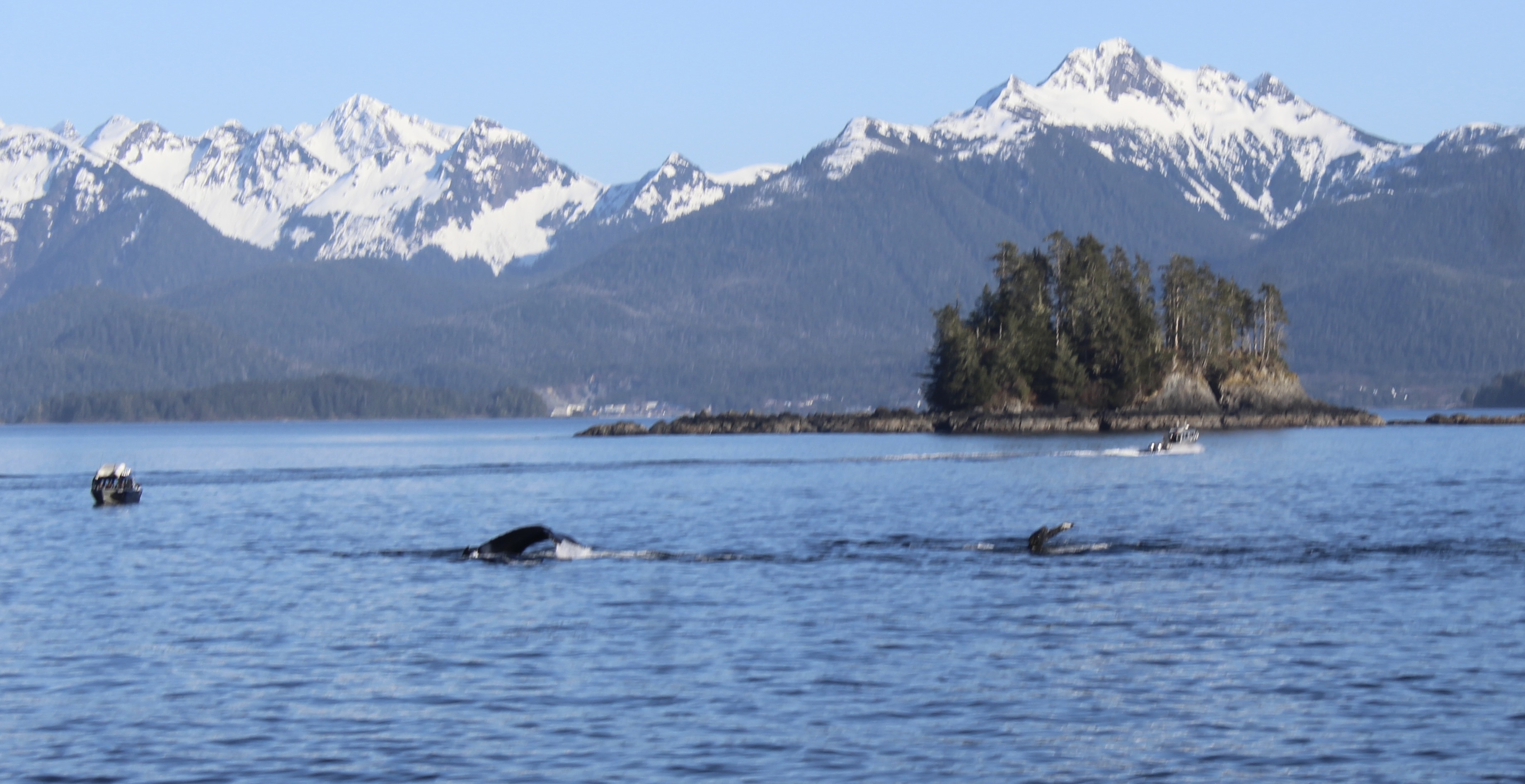
- Details
- By Native News Online Staff
Friday, March 22 is World Water Day. The theme of World Water Day 2024 is "Water for Peace."
In late 2023, the Native American Rights Fund (NARF) announced the creation of a first-of-its kind Tribal Water Institute (TWI), a project to grow legal expertise and policy work around tribal water issues. Since that time, NARF staff have been hard at work obtaining funding for the project and creating a solid foundation and internal organization for the Tribal Water Institute's work.
This World Water Day, NARF is happy to welcome Daniel Cordalis to the NARF family as a staff attorney and lead for the new institute's efforts.
"I am excited about NARF’s ability to expand its leadership in tribal water issues, and I am grateful for the opportunity to serve Indian Country in this role,” NARF Staff Attorney Daniel Cordalis said. The TWI will increase tribal water law capacity through legal fellowships for early-career attorneys, develop policy and legal reform concepts, and grow collaboration in support of tribal water sovereignty.
“One of our first steps is to reach out to Tribal Nations and get input on how we can best support their water-related needs,” explained Cordalis. “Changing legal and jurisdictional frameworks affecting tribal water, as well as climate change impacting water supply and water quality, are creating stressors on water resources and ecosystems that we have not seen before. We plan to help Tribal Nations strategize approaches to these difficult issues.”
In looking to the future of the Tribal Water Institute, Cordalis envisions it as a centralized resource for tribal nations, academic institutions, and public and private organizations to work on tribal water issues in a collaborative manner. Cordalis explained, “Right now, we are creating a strategy to make the Tribal Water Institute as impactful as possible, grounded in the needs of Indian Country. Fortunately, we can build off the more-than-fifty-years of experience and successes the Native American Rights Fund has in providing legal expertise to Tribes forced to defend their rights in an increasingly competitive water landscape.”
Tribal Nations, organizations, philanthropic funders, and others interested in the project are invited to contact the TWI at [email protected] to learn more.
More Stories Like This
Rappahannock Tribe Challenges 9M-Gallon Water PlanFeds release draft long-term plans for Colorado River management
Apache Leader Walks 60 Miles to Court Hearing That Will Decide Fate of Sacred Oak Flat
Rappahannock Tribe Raises Sovereignty and Environmental Concerns Over Caroline County Water Permit
Klamath Indigenous Land Trust Purchases 10,000 Acres as Salmon Return
Help us defend tribal sovereignty.
At Native News Online, our mission is rooted in telling the stories that strengthen sovereignty and uplift Indigenous voices — not just at year’s end, but every single day.
Because of your generosity last year, we were able to keep our reporters on the ground in tribal communities, at national gatherings and in the halls of Congress — covering the issues that matter most to Indian Country: sovereignty, culture, education, health and economic opportunity.
That support sustained us through a tough year in 2025. Now, as we look to the year ahead, we need your help right now to ensure warrior journalism remains strong — reporting that defends tribal sovereignty, amplifies Native truth, and holds power accountable.
 The stakes couldn't be higher. Your support keeps Native voices heard, Native stories told and Native sovereignty defended.
The stakes couldn't be higher. Your support keeps Native voices heard, Native stories told and Native sovereignty defended.
Stand with Warrior Journalism today.
Levi Rickert (Potawatomi), Editor & Publisher


